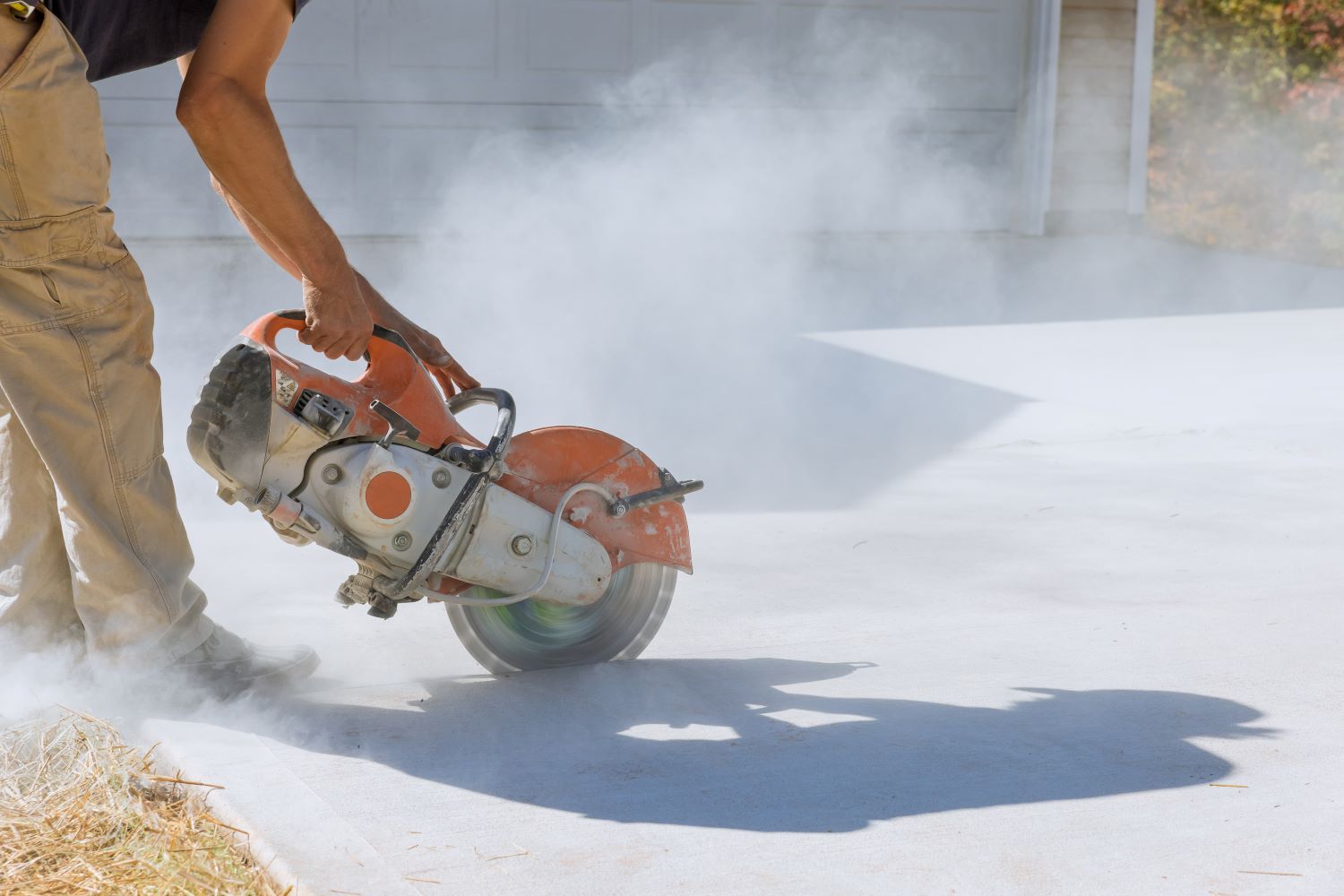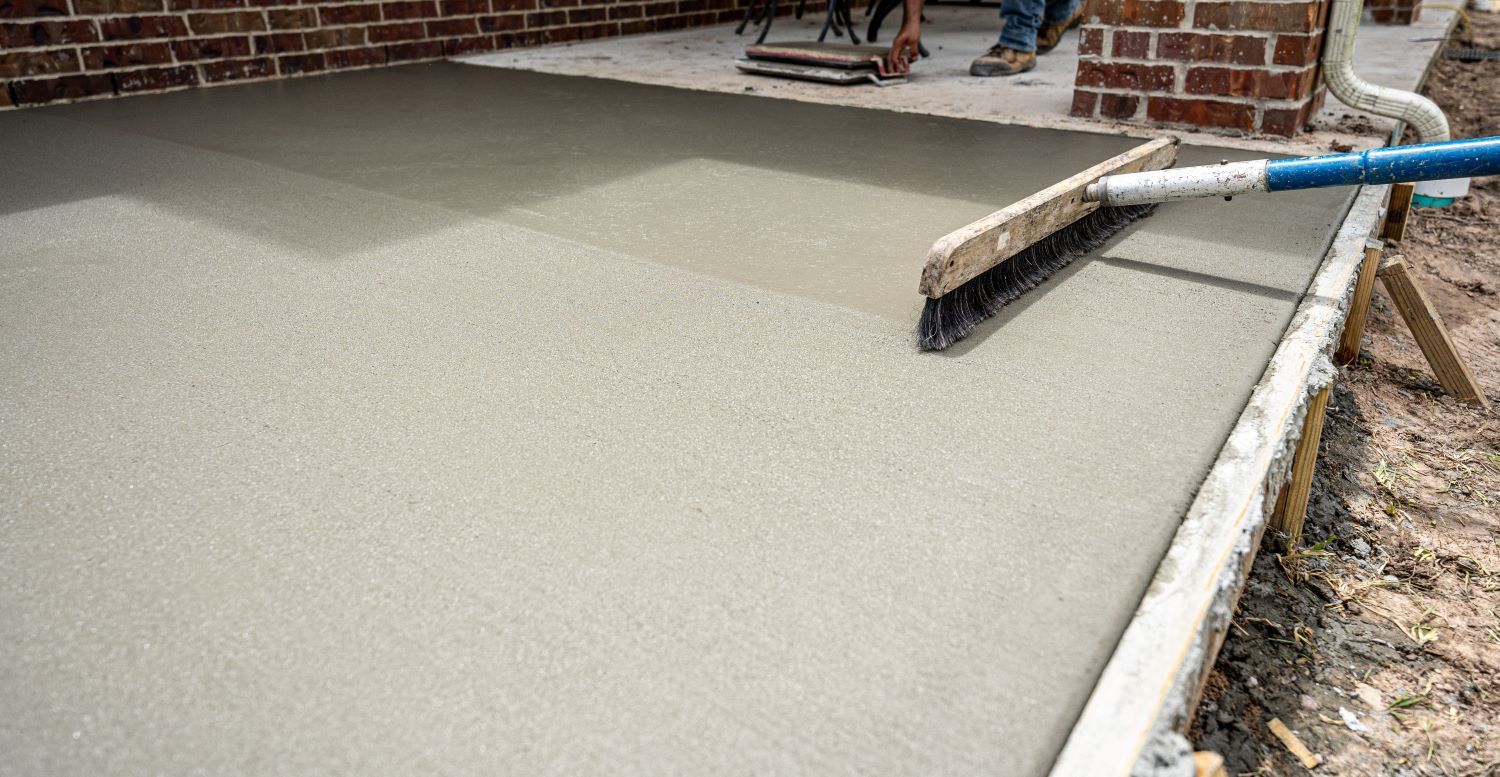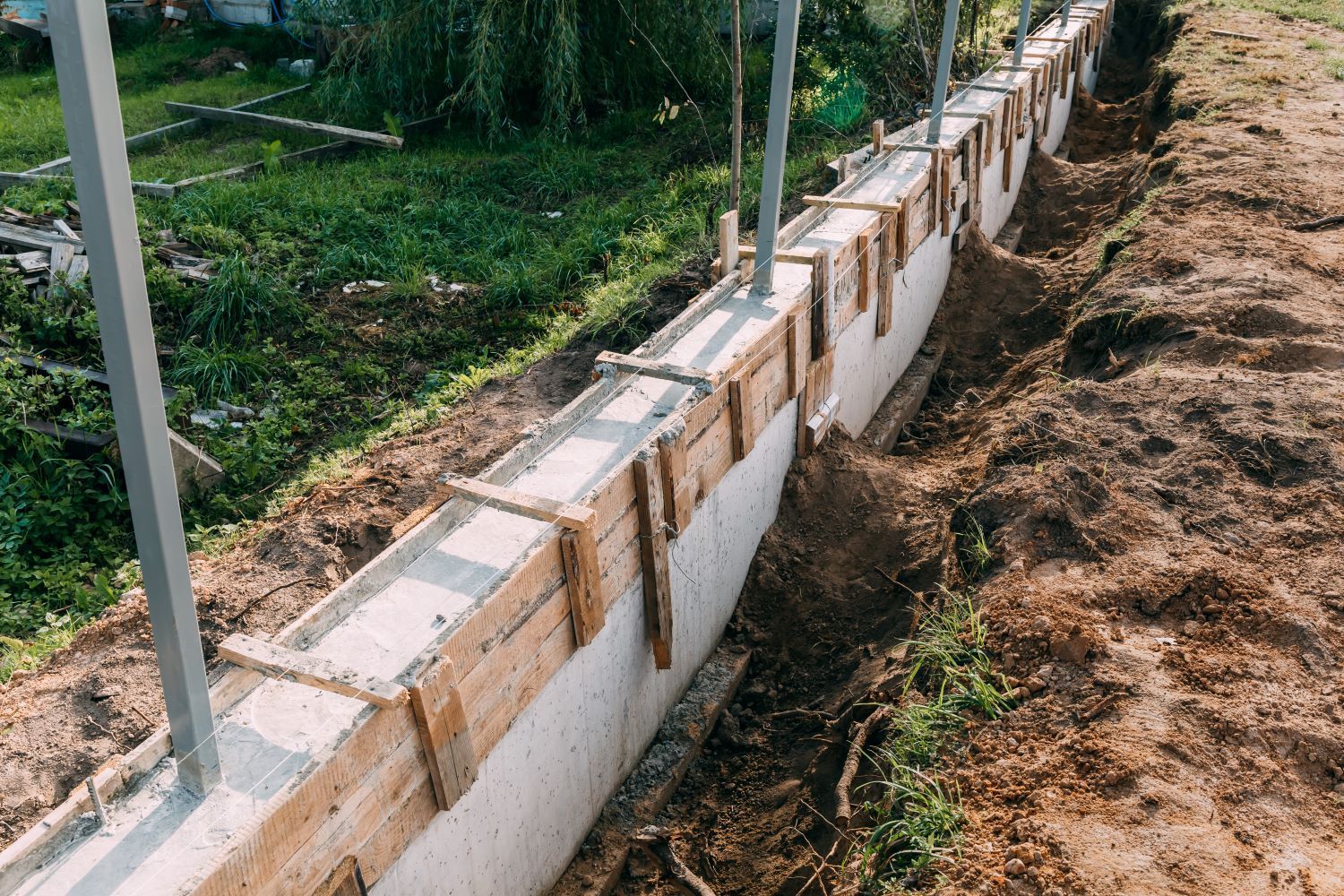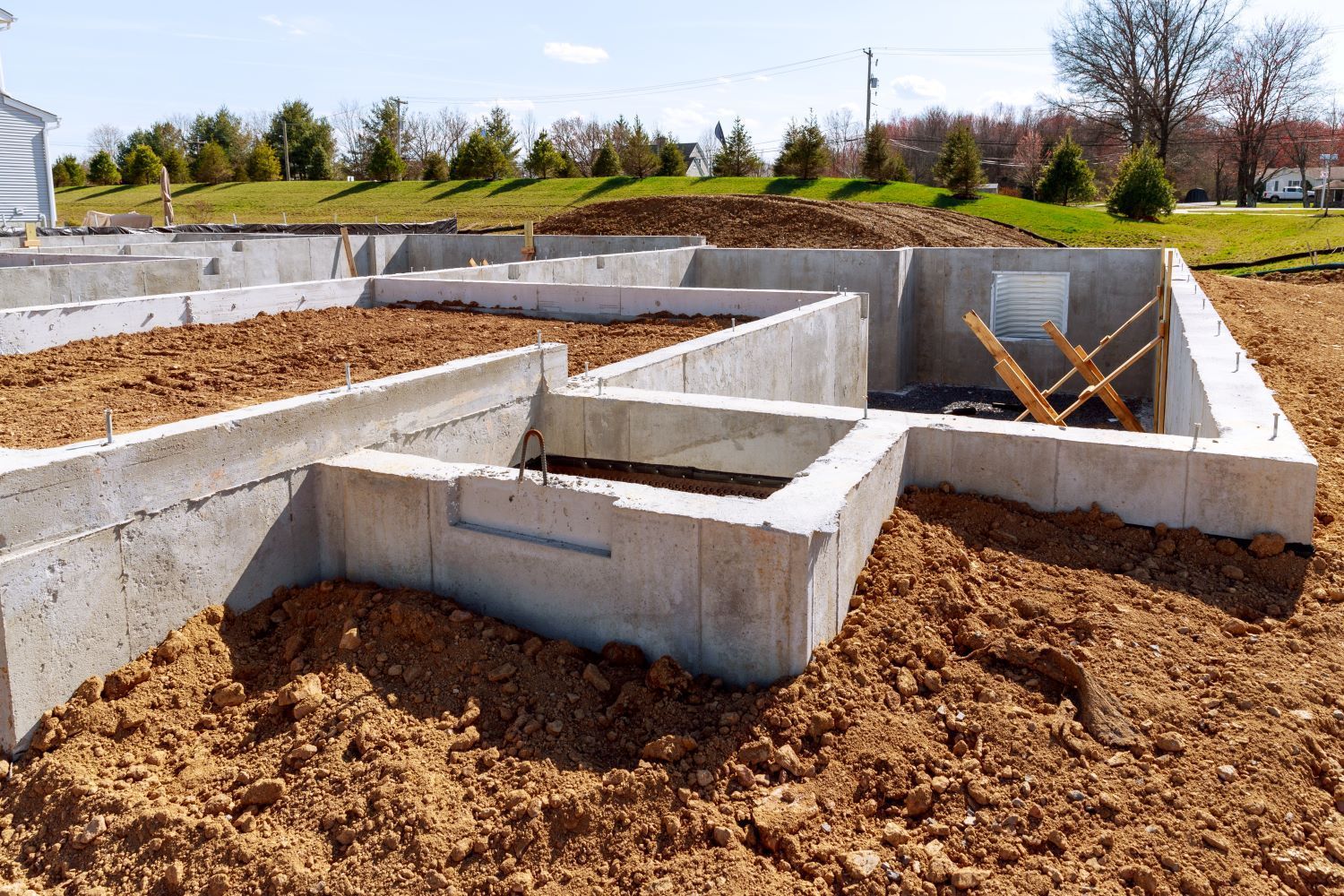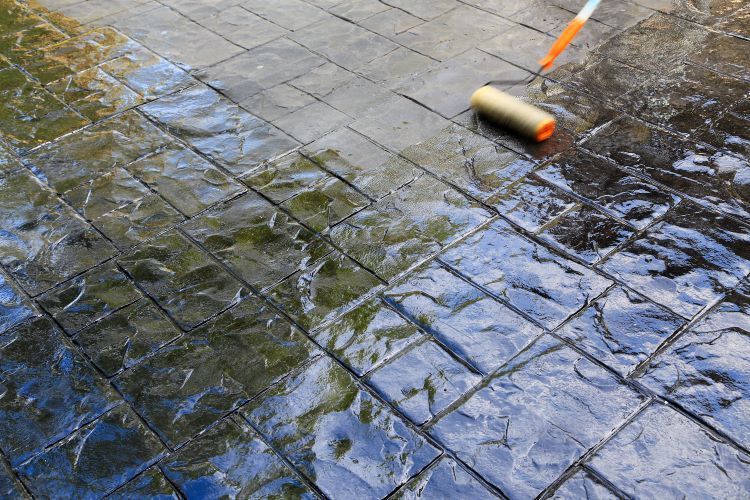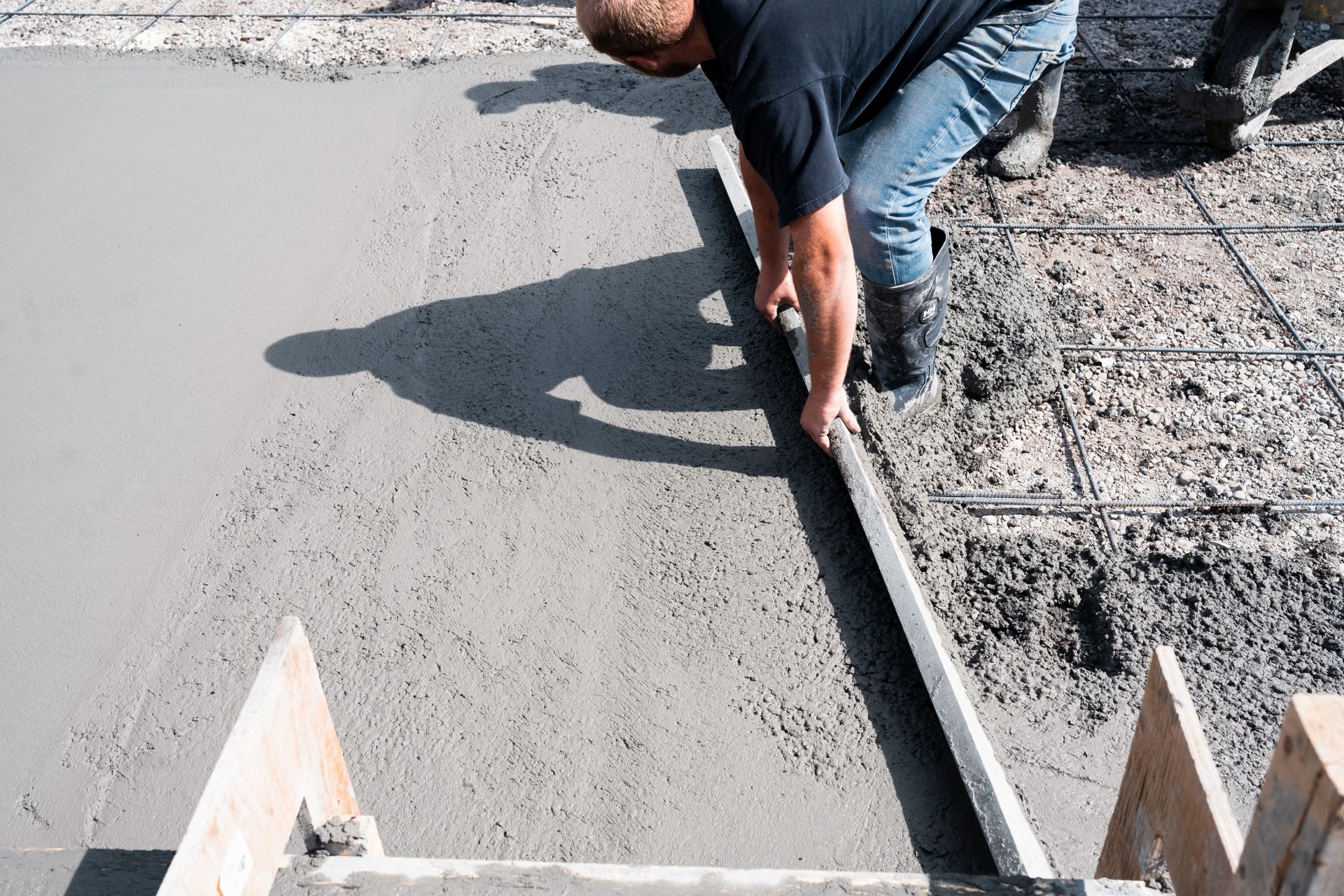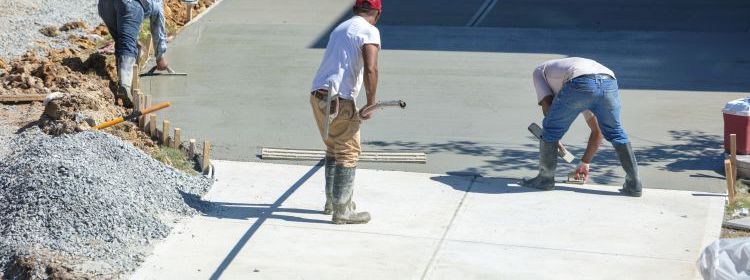How to Prepare Your Concrete Surfaces for Winter
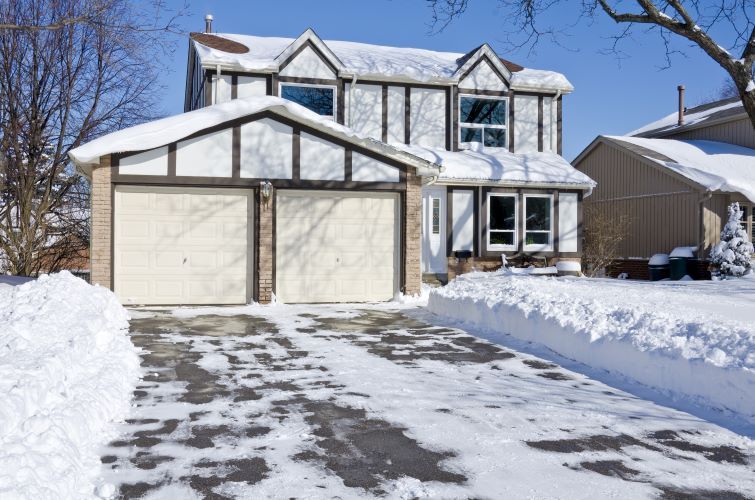
Winter in Ontario can be tough on concrete surfaces. Freezing temperatures, snow, ice, and de-icing chemicals all take a toll, leading to cracks, erosion, and other damage if not properly addressed. Proper preparation can make all the difference in extending the life and durability of your concrete, whether it’s a driveway, patio, sidewalk, or foundation. At Concrete Contractors London, we’ve put together a guide to help you protect your concrete and get it winter-ready.
1. Inspect for Existing Damage
Before the first frost, thoroughly inspect your concrete surfaces for cracks, chips, or any signs of wear. Small cracks may seem harmless, but they can worsen when water seeps in and freezes, expanding and further damaging the concrete. Addressing even minor issues now can save you from costly repairs later.
Repair Suggestions:
- For minor cracks, apply a concrete crack filler or patching compound.
- For larger cracks or chips, consider professional repair to ensure a lasting fix. Concrete Contractors London offers repair services tailored to prevent winter damage.
2. Clean the Surface
Cleaning your concrete surfaces removes debris, salt, oil, and stains that may have built up during the warmer months. Debris can prevent effective sealing, and any acidic or chemical residues left on the surface can contribute to erosion. Use a pressure washer or a strong broom to remove dirt, leaves, and other materials.
Pro Tip: Avoid using harsh chemicals, as these can damage the concrete. For best results, use a concrete-friendly detergent or cleaner designed for exterior surfaces.
3. Seal the Concrete
Applying a high-quality sealer is one of the most effective ways to protect your concrete. Sealing creates a barrier that helps repel water, reducing the risk of cracking from freeze-thaw cycles. The right sealer can also provide protection against road salts and chemicals commonly used for de-icing.
Types of Sealers:
- Acrylic Sealers: These provide a thin protective layer and are an economical option, though they may need to be reapplied each year.
- Penetrating Sealers: These absorb into the concrete, offering longer-lasting protection from water and salt. They are particularly recommended for driveways and high-traffic areas.
Application Tips:
- Wait for a dry, sunny day to apply the sealer so it can cure properly.
- Follow manufacturer instructions for the best results, as some sealers require multiple coats or curing time.
4. Ensure Proper Drainage
Pooling water can accelerate damage to your concrete surfaces, especially in winter when water freezes and expands. Check that your property has proper drainage away from concrete areas. Make sure downspouts direct water away from your driveway, patio, or walkways to minimize standing water that could lead to cracks.
Drainage Solutions:
- Install drainage channels or add a slight slope to guide water away from your concrete.
- Clear leaves, dirt, and other debris from nearby drains and gutters to prevent water backup.
5. Avoid Using Harsh De-Icing Chemicals
While it can be tempting to use de-icing chemicals during heavy snow, many of these products contain salt compounds that can damage concrete over time. These chemicals seep into the pores of the concrete, causing erosion and weakening the structure, especially as they freeze and thaw repeatedly.
Safer Alternatives:
- Opt for sand or cat litter, which provides traction without harming the concrete.
- If you must use de-icers, look for products labeled “safe for concrete” or those based on calcium magnesium acetate, which are less damaging than traditional salts.
6. Consider Applying a Snow-Melt System
For homeowners looking to keep concrete surfaces clear without the use of harsh chemicals, a radiant snow-melt system can be a worthwhile investment. These systems are installed beneath concrete surfaces and use heat to melt snow and ice automatically, reducing the need for shoveling or de-icers.
Benefits:
- Increased safety on slippery surfaces.
- Long-term reduction in potential damage from de-icing products.
7. Be Mindful of Heavy Equipment and Shoveling
Avoid using metal shovels on concrete, as they can scratch or chip the surface. Likewise, using snow plows or heavy machinery on concrete surfaces can cause surface damage, especially if the edges or corners of the concrete are impacted.
Best Practices:
- Use plastic or rubber-edged shovels for gentle clearing.
- Avoid scraping the shovel hard against the concrete, as this can create small chips that may worsen over time.
8. Schedule Professional Maintenance if Needed
If you’re uncertain about the condition of your concrete or if it requires more than basic upkeep, consider scheduling a professional inspection. At Concrete Contractors London, we can assess the health of your concrete and provide tailored winter preparation tips. Professional sealing, crack repair, and even resurfacing can be crucial steps in extending your concrete’s lifespan.
Benefits of Winter Preparation for Concrete Surfaces
Investing in these preparation steps is well worth the effort. Here are just a few benefits:
- Prolonged Lifespan: Well-maintained concrete can last for decades, and winter prep ensures it stands the test of time.
- Reduced Repair Costs: Preventing damage before it starts can save you money on major repairs or replacements.
- Increased Safety: Proper drainage, traction, and smooth surfaces reduce slip and fall hazards during icy weather.
Get Your Concrete Winter-Ready with Concrete Contractors London
Winter is a tough season for concrete, but with the right preparation, you can keep your surfaces looking great and functioning well year after year. At Concrete Contractors London, we provide professional repair, sealing, and maintenance services to help you safeguard your concrete against winter weather.
Contact us today to schedule an inspection or learn more about how we can assist in preparing your concrete surfaces for the cold months ahead.
